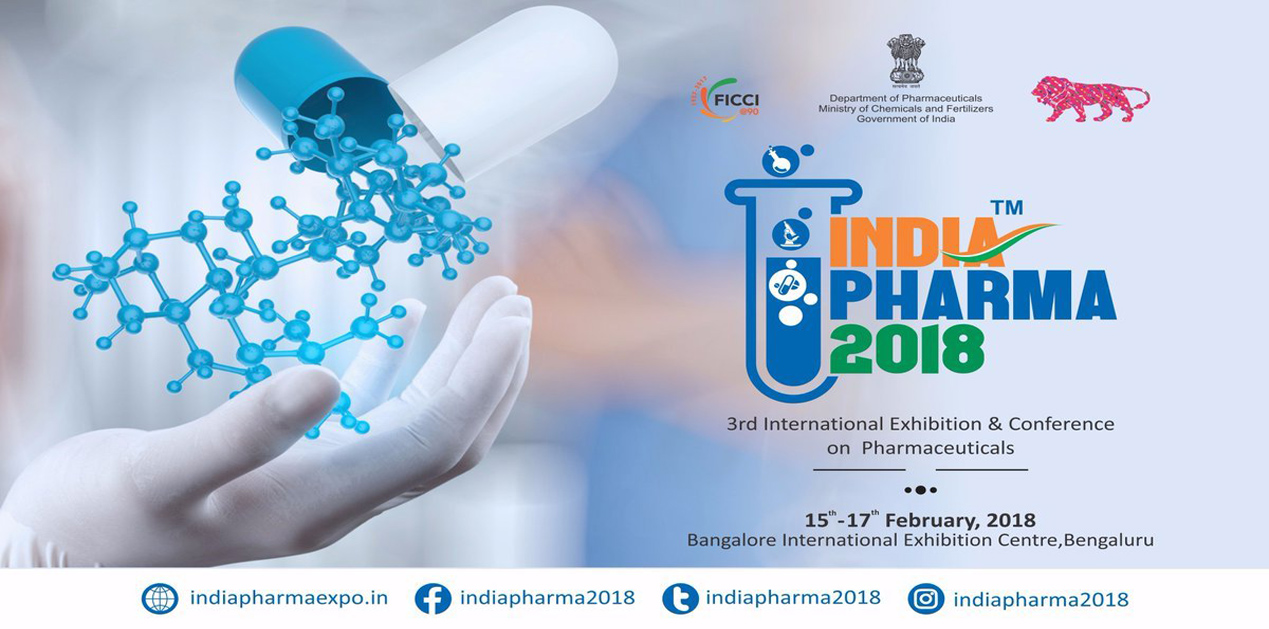The ongoing restructuring of the Israeli pharmaceutical sector has opened up a host of new opportunities for the Indian companies. Teva Pharmaceutical is one of the largest pharmaceuticals in the world based out of Israel. Since its formation in 1980s after merging three companies, Teva has over the years turned out to be the crown jewel of Israel’s economy. It employs about a third of Israel’s workforce. It is the largest generic drugs maker in the world. Copaxone, which helps relapsing or remitting multiple sclerosis is the company’s Unique Selling Product.
In December 2017, Teva’s then CEO Kare Schultz, while meeting President Benjamin Netanyahu, made it clear that Teva cannot sustain a large workforce anymore and proposed around 1,700 job cuts in Israel, while laying off around 14,000 worldwide. Workers protested vehemently in Tel Aviv against the move by the company which led to the closure of banks, the international airport and the stock market for a few hours a day after the meeting in December, 2017.1 The Company couldn’t sustain the debt after acquiring Actavis Generics, the generic drugs division of Allergan, an Irish drug company in 2015. The acquisition of Actavis led to Teva shrinking by 57 billion USD. While the debt owed by the company was more than the valuation, the reasons behind this reckless purchase was that Copaxone was losing its sheen, and through Actavis, they hoped that they would have more drugs which they could brand as their own for the market. 2
Teva laying off its workforce might have created a certain amount of disruption for good, as it has also led to several former executives setting up their drug startups in collaboration with the established technical companies in Israel. The hi-tech sector in Israel is known for consistently producing cutting-edge technology, and export is currently worth 101 billion USD and employs about 200,000 people as compared to the Israeli pharmaceutical sector whose exports were about 7.5 billion USD last year, and which employs nearly a percent of the country’s population or roughly 85,00 workers.3
The former executives of Teva realise that their start ups have a chance to tap into the two trillion USD global healthcare sector, by convincing investors to back their enterprise as they hire former Teva employees. These employees help them run the manufacturing processes, designing commercial strategies for new products and do clinical trials according to an article, “Israel’s Healthtech Catalyst” in the Bloomberg Businessweek of 20th August 2018. The article gives an insight into the new forms of research being conducted by the new startups, which have hired former employees of Teva. One of the drug trials is focused on treating in the central nervous system, another is using data mining and Artificial intelligence to help speed up drug development. Investment in Israel’s digital health and pharmaceuticals startups is set to grow upto 600 million USD in the financial year 2018-19.4
Meanwhile, Indian pharmaceutical exports grew by 2.43 percent by the end of 2017-18. While North America remains the top destination, followed by Africa and the European Union, exports have fallen by around eight percent since last year. Indian pharmaceutical exports seemed to have taken a hit in the North American markets but exports to Central Asian countries, Latin American countries have led to exports racing past the 17 billion USD mark and exports are expected to touch 20-22 billion USD by 2020.5
For Israel, India is their primary market for defence equipment. Co-operation between the two countries also focus on the Science and Technology. A Memorandum of Understanding signed between the two governments. In 2017, when Prime Minister Modi visited Israel, the two Governments signed a Memorandum of Understanding (MoU) to set up ‘India-Israel Industrial Research, Development and Innovation’ with the funding of 20 million USD over the next five years by both sides. But trade between the two countries has fallen to 4.16 billion USD in 2016 from 5.11 billion USD in 2011.6
Indian pharmaceutical giants can consider entering the Israeli healthcare market by investing in the new rapidly growing health technology sector. While Indian Pharmaceutical company Sun Pharma has a controlling stake in Israel’s Taro Pharmaceuticals (69 percent), investing in these new ventures will open the Israeli market, and in extension, the West Asian markets for Indian companies.
While Indian companies are ahead in filing Abbreviated New Drug Applications (ANDA) with the United States Food and Drug Administration (USFDA), the Chinese companies are attracting talent towards them and also are catching up with Indian companies in the United States, as they are known to squeeze costs. The Chinese already dominate the Active Pharmaceutical Market (API), which means that they control the market for the ingredients needed to make the final product.7
Investing in Israel’s health technology start-up sector will expand India and Israel’s cooperation beyond defence, science and technology and also will help boost trade . It will help enhance India’s pharmaceutical R&D sector and there could possibly be another success story of India-Israel cooperation. The return of investment through these ventures and the cutting edge technology along with clinical trials of new drugs will give Indian pharma companies to expand their business beyond the intermediates, drugs, biologicals and vaccines which constitute the bulk of the exports but are still short of reaching an export target of 50 billion USD.
- Ferziger, J., Arnold, M., & Benmeleh, Y. (2018, December 18). Teva CEO to Meet Netanyahu With Blunt Message on Need for Cuts. Retrieved from https://www.bloomberg.com/news/articles/2017-12-17/netanyahu-vows-to-help-buffer-teva-workers-from-turnaround-plan
- Amit, H. (2018, April 10). Teva cuts 14,000 jobs: The inside story of how Israeli drugmaker wiped out $57 billion in two years. Retrieved from https://www.haaretz.com/israel-news/business/the-inside-story-how-teva-wiped-out-57-billion-in-two-years-1.5628704
- Israel's Heathtech Catalyst. (2018, August 20). Bloomberg Businessweek, 20-22.
- Ibid 3
- KUMAR, N. R. (2018, May 01). Pharma exports climb to $17.25 bn. Retrieved from https://www.thehindu.com/business/Industry/pharma-exports-climb-to-1725-bn/article23731993.ece
- India-Israel Bilateral Relations (Issue brief). (n.d.). Retrieved https://www.mea.gov.in/Portal/ForeignRelation/Unclassified_Bilateral_briefb.pdf
- Trivedi, I. (2017, June 23). Fading glory: Indian pharma industry in uncharted terrain. Retrieved from https://www-livemint-com.cdn.ampproject.org/v/s/www.livemint.com/Industry/FsuFVKI1dNC30O4TyWeOGO/Fading-glory-Indian-pharma-industry-in-uncharted-terrain.html?facet=amp&utm_source=googleamp&utm_medium=referral&utm_campaign=googleamp&usqp=mq331AQECAFYAQ%3D%3D&_js_v=0.1#referrer=https%3A%2F%2Fwww.google.com&_tf=From%20%251%24s&share=https%3A%2F%2Fwww.livemint.com%2FIndustry%2FFsuFVKI1dNC30O4TyWeOGO%2FFading-glory-Indian-pharma-industry-in-uncharted-terrain.html
Image Source: https://i1.wp.com/exhibitionshowcase.com/wp-content/uploads/2017/09/DEHT8X8UMAQBM6-.jpg?fit=1200%2C700









.jpeg)
Post new comment